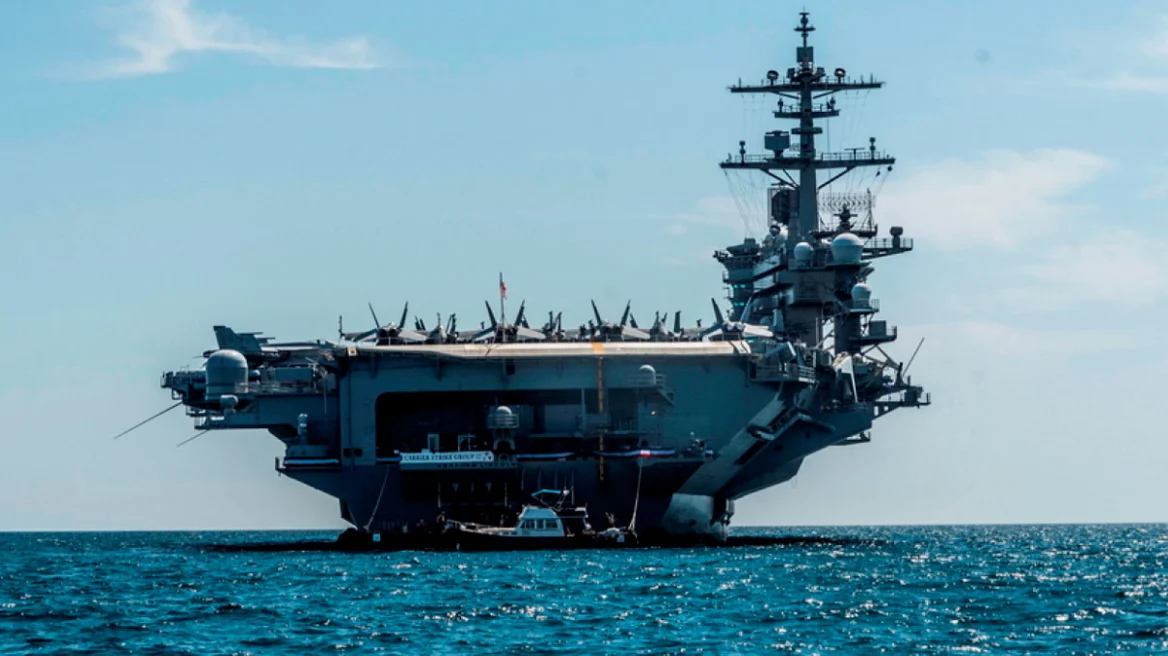“The islands you occupy do not bind us, we will do what is necessary when the time comes. As we say, we can come suddenly one night.” Weeks have now passed since Turkish president Recep Tayyip Erdogan explicitly threatened to invade Greece, using the same language he deployed before previous Turkish military operations in Syria. A myriad of issues divide Athens and Ankara, but Erdogan has now focused his rage upon Greece’s militarization of its Aegean islands. While the Greek military presence there has remained largely consistent over the last several decades, Ankara insists that it is in violation of the 1923 and 1947 treaties that established Greece’s sovereignty over the islands.
As I argued in June, a conflict between Greece and Turkey appears not only possible but probable. A close reading of recent statements by Turkish officials, as well as the pattern of events over the last months, have only increased the risk. Serious consequences likely await both Turkey and Greece should the two states come to blows. Yet Erdogan’s rhetoric, as well as his interests and ideology, suggests that Ankara may be willing to brave those risks.
Twitter Court Docs Reveal Elon Musk’s Ex-Wife Texted Him to ‘Please Do Something to Fight Woke-ism’
Prelude to a Threat
There were signs early in the summer that tensions between Greece and Turkey were waning. With the conclusion of an agreement to allow Sweden and Finland to apply for NATO membership, Erdogan appeared far more intent upon striking another blow against Kurdish militias inside Syria — an operation he has postponed under Russian and American pressure. Fears of renewed Greek-Turkish hostilities spiked again in early August with the launching of a new Turkish drilling ship purportedly bound for contested waters in the Mediterranean. But despite high expectations in the Turkish nationalist press, the voyage proceeded to waters safely within the confines of Turkey’s immediate coastline.
Read more: War on the Rocks
Ask me anything
Explore related questions





